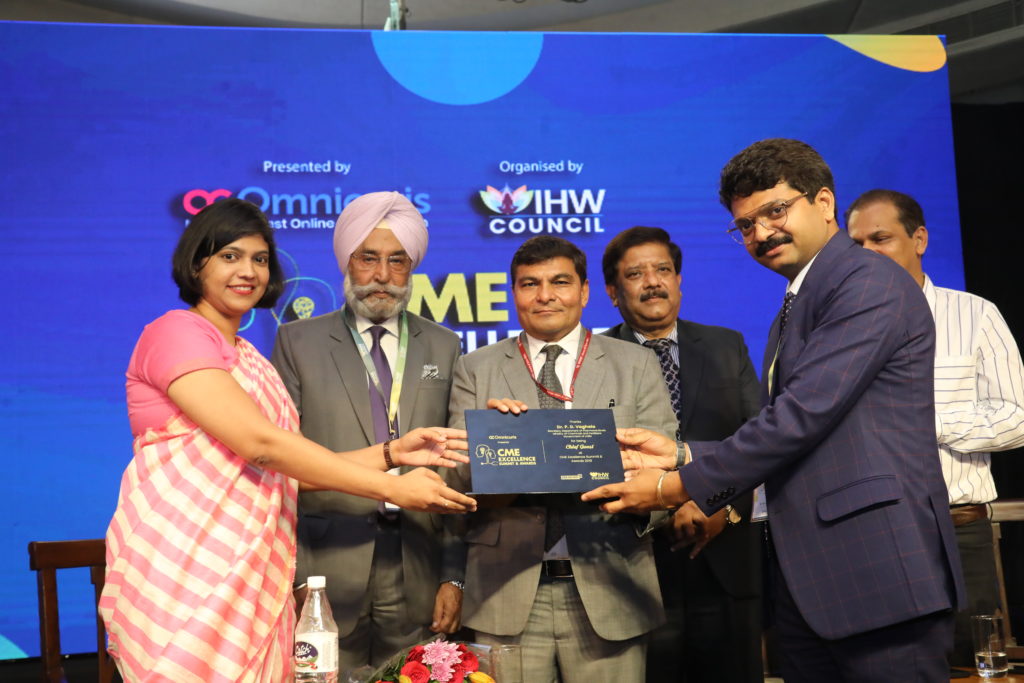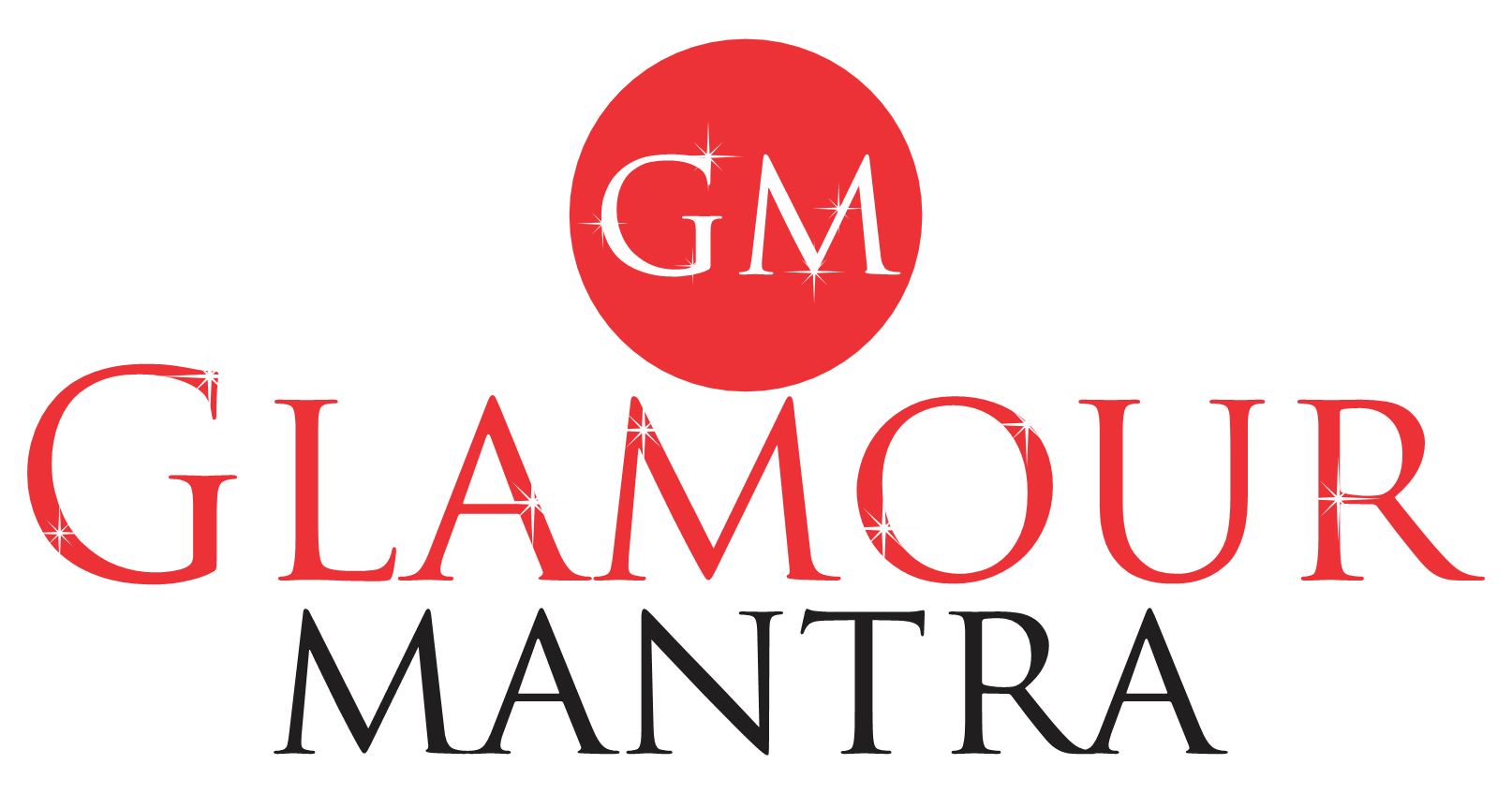
Controlling Medicine Prices Through DPCO 2017 Saved Over INR 12400 crores: Pharma Secretary Dr. P D Vaghela at Maiden CME Summit and Excellence Awards
· “Jan Aushadhi stores have generated a saving of INR 315 crore and INR 2000 crore for consumers in the last financial year,” Dr. Vahela says.
· “Those doctors who are ignoring CME are doing at their own peril. Though we cannot rule out information bias of pharmaceutical giants in CME, I believe including nurses and other support staff will make it more effective,” he added.
· “Producing good medicine, however, does not guarantee food health, we need to make sure that the doctors have the knowledge to implement the upgradations,” says Mr. Kamal Narayan, CEO, Indian Health and Wellness Council (IHW).
· Dr. Arun Kumar Gupta, President, Delhi Medical Council highlighted the importance of including knowledge about rules and regulations that are required in day to day practice.

Rooting for generic medicines instead of the branded ones, Secretary of the Department of Pharmaceuticals, Dr. P D Vaghela highlighted the stringent sampling and testing rules in India and the low failures indicate at the good quality of generic medicines. Addressing at the inaugural edition of ‘CME Summit and Excellence Awards’ organized by Indian Health and Wellness Council (IHW), where he was the Chief Guest, Dr. Vaghela said that fixing the price ceiling for medicines has been immensely profitable.
“My request to the doctors is to prescribe generic medicines at least to the poor patients. The generic medicines are like branded medicines. The drug pricing control order (DPCO) in 2017 has made medicines more affordable and has brought a saving of more than INR 12400 crores. Jan Aushadhi stores have generated a saving of INR 315 crore and INR 2000 crore for consumers in the last financial year,” says Secretary of the Department of Pharmaceuticals, Dr. P D Vaghela.
He emphasized the role of medical staff other than doctors in providing quality healthcare and should come under the ambit of the continuing medical council (CME). “Those doctors who are ignoring CME are doing at their peril. Though we cannot rule out information bias of pharmaceutical giants in CME, I believe including nurses and other support staff will make it more effective. We may also partner with IHW to develop CME programs,” says Dr. Vaghela. He also highlighted the series of technological advances that have made headway across the world and are going to impact India as well.
The effectiveness of medicines depends not only on its quality but also on the doctors who are administering it, says Mr. Kamal Narayan, CEO, Indian Health and Wellness Council (IHW). “I believe the supply of medicine is going to be important as the supply of necessities of healthy life – good air, water, and food are insufficient. Producing good medicine, however, does not guarantee food health, we need to make sure that the doctors know to implement the upgradations,” says Mr. Narayan.

Dr. Arun Kumar Gupta, President, Delhi Medical Council highlighted the importance of including knowledge about rules and regulations that are required in day to day practice. “We have launched our CME programs yesterday. But that is not enough. A doctor needs to deal with 28 laws to run a small clinic and as many as 100 laws to run a hospital. However, nowhere is a doctor taught about this. The doctors know the science of medicines but we need to teach them the art of it – teach empathy for patients. Besides, financial management and good self-care should also be a part of the CME curriculum for the doctors,” says Dr. Gupta.
“Learning is a lifelong process for doctors. In science, the actual truth of today is always a relative truth of tomorrow. As Indian gears up for universal healthcare access, expected to be the largest in the world, it is important to bring our attention and focus towards the public and the private stakeholders to the simple and low-cost medical tools that can provide quality patient care,” says Savitha Kuttan, Founder & CEO, Omnicuris, during vote of thanks.
CME courses in India are funded by a wide range of organizations such as the Ministry of Health and Family Welfare and the Medical Council of India (MCI), as well as international organizations such as UNICEF. The Medical Council of India established a code of ethics stating that members should complete 30 hours of CME every five years in order to re-register as doctors but low literacy levels and poor awareness of good medical practice at the community level, there is little pressure from patients to motivate doctors to participate in CME programs, despite what he referred to as the “dismal quality” of the medical service.
